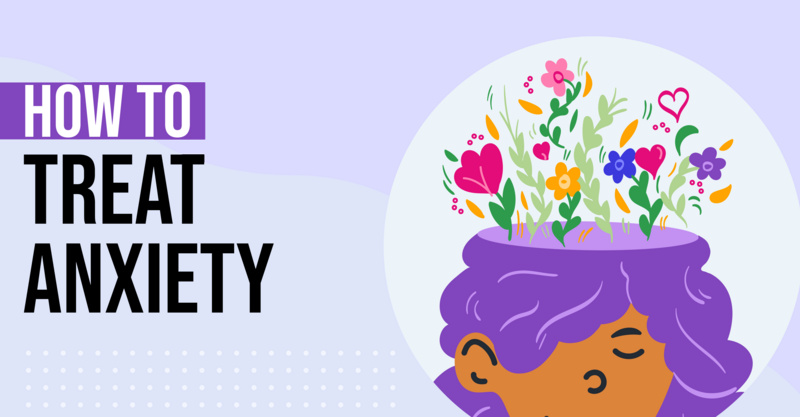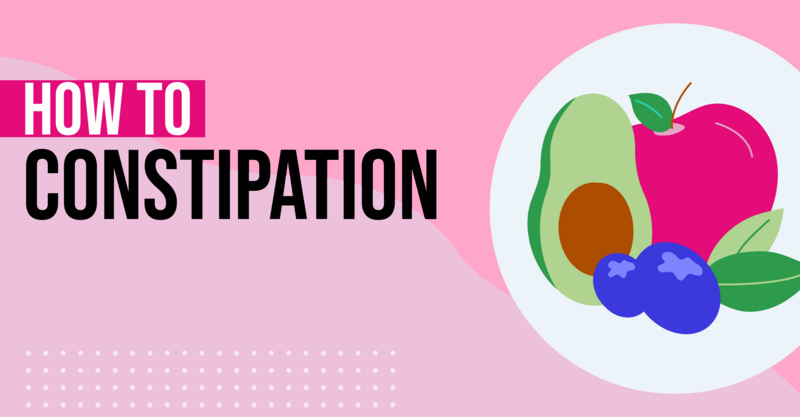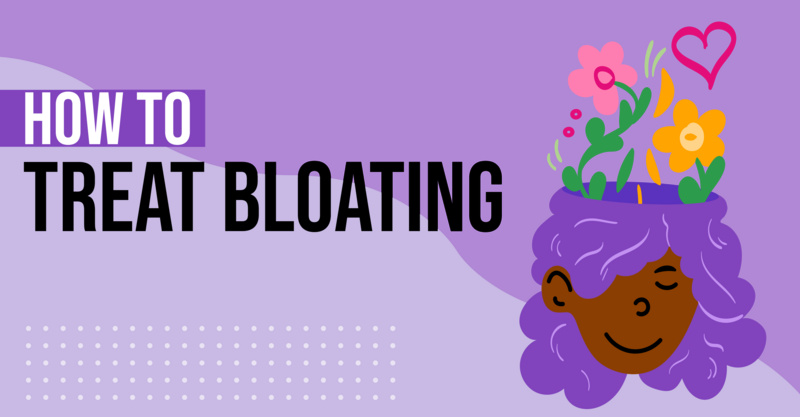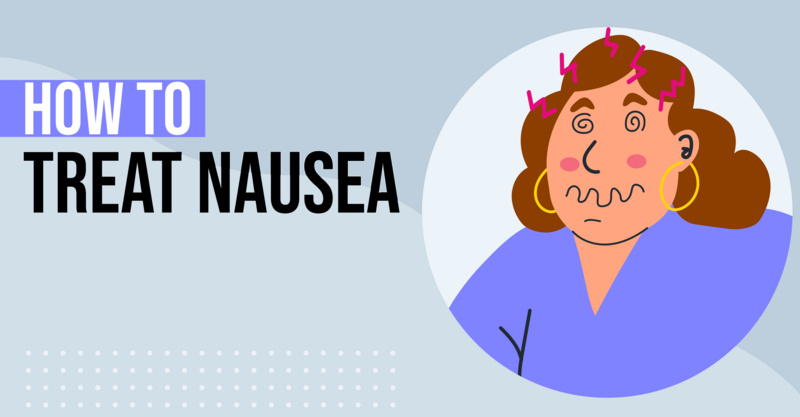Key Points
- The article provides an in-depth guide on managing Irritable Bowel Syndrome (IBS), a common digestive disorder in the U.S, whose exact cause is still unknown.
- IBS can be triggered by stress, certain foods, hormonal changes, and is characterized by symptoms like abdominal pain, bloating, and irregular bowel movements.
- Six suggested ways to manage IBS at home include a balanced diet, stress management, probiotics, peppermint, chamomile tea, and alternative therapies like acupuncture.
- It's crucial to avoid trigger foods and manage stress through activities like deep breathing, meditation, yoga, and regular exercise.
- If symptoms of IBS persist or worsen, seeking medical attention is advised.
If you suffer from Irritable Bowel Syndrome (IBS), you know how disruptive it can be to your daily life. Symptoms like abdominal pain, bloating, constipation, and diarrhea can not only be uncomfortable and embarrassing—but also get in the way of doing activities you love. Although there is no definitive cure for IBS, there are many things you can do to manage your symptoms at home.
Irritable Bowel Syndrome (IBS)
Irritable Bowel Syndrome (IBS). IBS is a common digestive disorder that affects around 15% of people in the United States (according to Johns Hopkins). It is a chronic condition that may require lifelong management, but thankfully there are many things you can do at home to help alleviate your symptoms.
The exact cause of IBS is unknown, but it is believed to be related to the way the muscles in your digestive system contract, according to Johns Hopkins. IBS can be triggered by stress, certain foods, and hormonal changes, and can significantly impact your quality of life if not managed well.
Common symptoms of IBS, according to the Mayo Clinic, include:
- Abdominal pain or cramping
- Bloating and gas
- Diarrhea, constipation, or alternating bouts of both
- Mucus in the stool
- Feeling like you haven’t completed your bowel movement
These symptoms can vary in severity and may come and go over time, according to the Mayo Clinic. They note that for people with IBS, it is important to keep track of your symptoms and any triggers that may be causing them. This can help you identify patterns and help manage your IBS symptoms more easily.
6 Ways to Manage IBS Symptoms at Home
1. Eat a Well-Balanced Diet
Making changes to your diet can be an effective way to manage IBS symptoms, according to the Mayo Clinic. They note that it's important to avoid triggering foods that may worsen your symptoms (like dairy products, fatty foods, caffeine, alcohol, and spicy foods). Instead, focus on eating a well-balanced diet that includes plenty of fiber-rich foods such as fruits, vegetables, and whole grains. It's also important to drink plenty of water to help keep your digestive system functioning properly.
2. Manage Stress
Stress can be a major trigger for IBS symptoms, according to Healthline. Finding ways to manage your stress can help alleviate your symptoms. Some effective stress management techniques include deep breathing exercises, meditation, yoga, and regular exercise. It's also important to get plenty of rest and make time for relaxation or enjoyable hobbies.
3. Take Probiotics
Probiotics are beneficial bacteria that live in your gut and can improve digestive health, according to Healthline. They note that taking a probiotic supplement or eating foods that are rich in probiotics (such as yogurt, kefir, and sauerkraut) can help manage IBS symptoms.
4. Try Peppermint to Ease an Upset Stomach
Peppermint oil has been shown to reduce abdominal pain, bloating, and gas. So it is often used for upset stomachs and digestive issues—including IBS symptoms. Everyday Health recommends taking peppermint oil capsules or drinking peppermint tea to help alleviate or manage your symptoms.
5. Use Chamomile Tea to Soothe Irritable Digestive System
Chamomile tea is another natural remedy that can help alleviate IBS symptoms, according to Medical News Today. They note that chamomile has anti-inflammatory properties that can help reduce inflammation in the gut.
6. Give Supplemental Therapies like Acupuncture a Try
Acupuncture and other alternative therapies may also be effective in managing IBS symptoms, according to Everyday Health. Although there is limited scientific evidence to support this, it may be worth a try for some.
When to See a Doctor for Your IBS Systems
If you have been treating your IBS at home and are not seeing any improvement, it may be time to see a doctor. Additionally, Healthline notes that if you experience any of the following signs or complications, it is important to seek medical attention:
Signs of a Severe IBS Flare-Up
- Intense abdominal pain that does not improve with home remedies
- Persistent diarrhea or constipation
- Weight loss
- Blood in your stool
- Difficulty swallowing
- Fevers
Recap of Home Management of IBS
When it comes to managing IBS symptoms at home, there are several strategies you can try, including:
- Making changes to your diet to get adequate fiber intake and avoid trigger foods.
- Manage stress
- Take a probiotic
- Ensure you have an adequate fiber intake (25 g a day for women and 35 g a day for men, according to the Mayo Clinic)
- Use supplemental therapies like peppermint, chamomile tea, and acupuncture
Frequently asked questions
What is Irritable Bowel Syndrome (IBS)?
IBS is a common digestive disorder that affects the way the muscles in the digestive system contract, leading to symptoms like abdominal pain, bloating, and irregular bowel movements.What are some common triggers of IBS?
IBS can be triggered by stress, certain foods, and hormonal changes.How can I manage IBS at home?
You can manage IBS at home by eating a balanced diet, managing stress through activities like deep breathing and yoga, taking probiotics, using peppermint, drinking chamomile tea, and trying alternative therapies like acupuncture.What are some dietary recommendations for managing IBS?
A well-balanced diet rich in fiber is recommended. It's also important to avoid foods that trigger your IBS symptoms.How does stress management help with IBS?
Stress can trigger IBS symptoms. By managing stress through activities like deep breathing, meditation, and yoga, you can help control your IBS symptoms.Are there any natural remedies for IBS?
Yes, natural remedies like taking probiotics, using peppermint to ease an upset stomach, and drinking chamomile tea to soothe the digestive system can help manage IBS.Can alternative therapies like acupuncture help with IBS?
Yes, some people find that alternative therapies like acupuncture can help manage their IBS symptoms.When should I seek medical attention for IBS?
If your IBS symptoms persist or become severe, it's important to seek medical attention.
Solv has strict sourcing guidelines and relies on peer-reviewed studies, academic research institutions, and medical associations. We avoid using tertiary references.

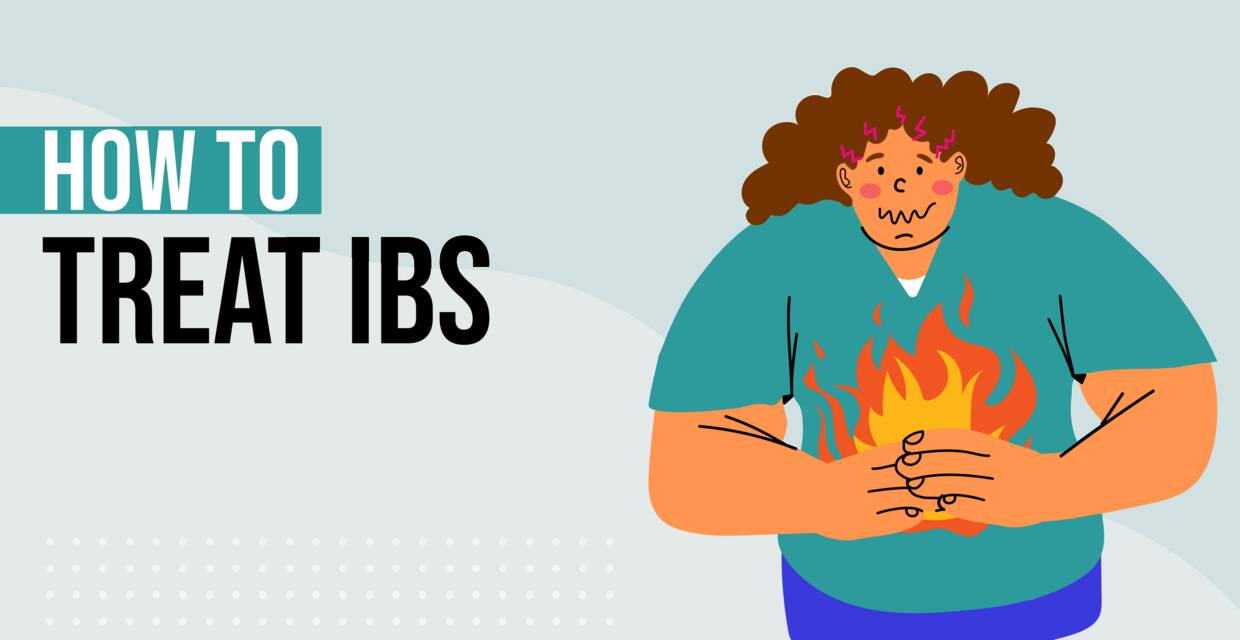
 LinkedIn
LinkedIn


